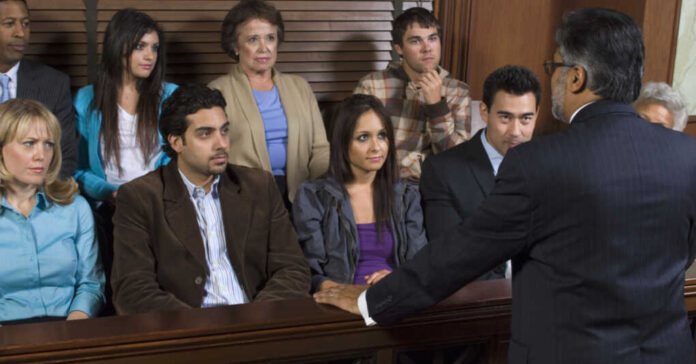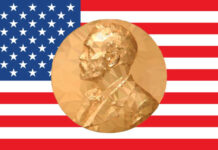
Thomas Webster, a former member of the New York Police Department, received a 10-year prison sentence for tackling a D.C. officer outside the Capitol grounds. He was convicted of assaulting a police officer in 2022. Webster is seeking a new trial, alleging that D.C. jurors were biased against him due to media coverage, their experiences on January 6th, and political affiliations.
The focus of the three judges’ decision on the appeal’s merits centers on whether trial judge Amit P. Mehta allowed three individuals onto the jury appropriately. One juror disapproved of Trump, stating that his supporters were challenging to be around when they were “being wild around the streets.” Another juror voiced feeling unsafe during the Trump presidency. She indicated a low opinion of former President Donald Trump and questioned his supporters’ intelligence.
Yet another juror said that Trump supporters have a “slight disadvantage” with her. Although this juror did not serve on a jury, she was not taken out of the pool.
Trump supporters are keeping a close eye on the appeal. If Webster wins a new trial, it means that the former President has grounds to move his upcoming trial out of D.C. Trump has repeatedly claimed that bias from both the judge and jury implies that he will be unable to receive a fair trial.
According to a poll cited by Webster, 71% of D.C. residents believed that individuals arrested for their involvement in the Capitol riot were guilty based on what they had heard. In comparison, only 54% of a group from Atlanta, Georgia, shared the same belief. Still, 52% of D.C. residents and 45% of Atlantans stated that they would probably find a defendant from January 6 guilty if they served on that person’s jury.
Mehta noted that polling indicated that while many D.C. residents held unfavorable views, they could still maintain an open mind during the trial. He ruled that the appropriate method to identify biased jurors was through voir dire, referring to questioning potential jurors.
But the bias uncovered during Webster’s “voir dire” was evident, and Mehta still allowed the trial to continue.
The Justice Department noted that all those jurors who disliked Trump and were willing to believe all January 6 defendants were guilty had also stated they would acquit Webster if the government couldn’t prove his guilt beyond a reasonable doubt. Defense attorney Elizabeth Brandenburg criticized this, calling it “a very problematic question” because a biased juror might be more likely to think the government had met that standard.
The last time a D.C. Circuit Court heard a case regarding juror bias was in 1976. The case of United States v. Haldeman involved an appeal by three former White House officials who were found guilty of crimes linked to the Watergate scandal. The appellants were H. R. Haldeman, Nixon’s chief of staff; John Ehrlichman, Nixon’s domestic affairs adviser; and John Mitchell, Nixon’s former attorney general and campaign manager. They contested their convictions on various grounds, including the argument that they didn’t receive a fair trial due to bias among jurors in the District of Columbia, where Nixon was widely disliked and where the Watergate scandal deeply affected many residents.
The U.S. Court of Appeals for the D.C. Circuit dismissed their claim of juror bias and upheld the convictions by a vote of 5 to 1. The court determined that the trial judge, John Sirica, had carefully questioned prospective jurors to ensure pretrial publicity, individual experiences, or political beliefs did not sway them. It concluded that the appellants had failed to demonstrate any actual prejudice or bias among the jurors who served in their trial.
In a startling parallel between United States v. Halderman and Webster’s appeal, the Nixon staffers argued that Watergate media coverage made D.C. residents feel like they were defending their country against an internal threat. Similarly, Webster noted that media and the government portrayals about January 6th repeatedly called the events as “an attack on democracy” incited by Trump, thereby making every citizen feel like a victim.
For Webster, the bias was entirely due to prospective jurors’ opinions on January 6. According to the court record, only one person in Webster’s jury pool had prior knowledge of him. Former President Donald Trump will not have the luxury of that anonymity.
Eleanor Roosevelt famously stated, “Justice cannot be for one side alone, but must be for both.” It’s difficult to determine the precise moment when Democrats deviated from this principle, but the great lady would undoubtedly be astonished to witness how her party has manipulated justice to destroy an inconvenient adversary.







